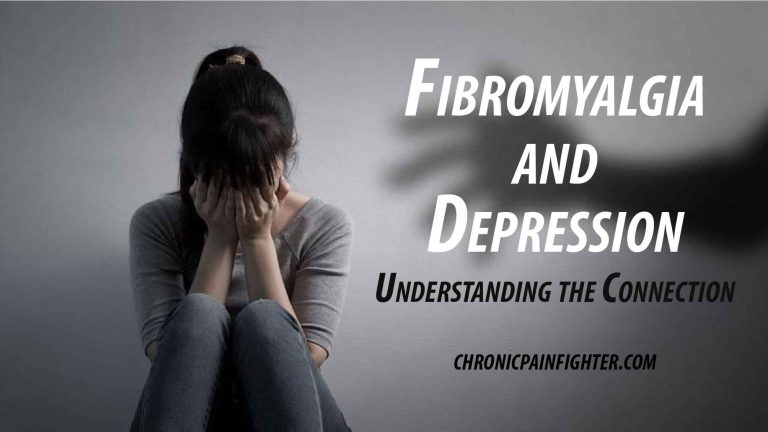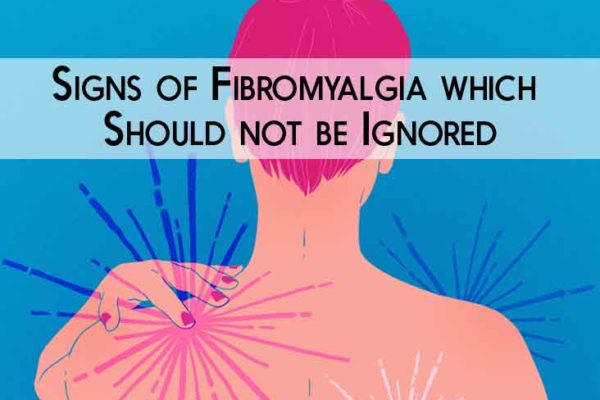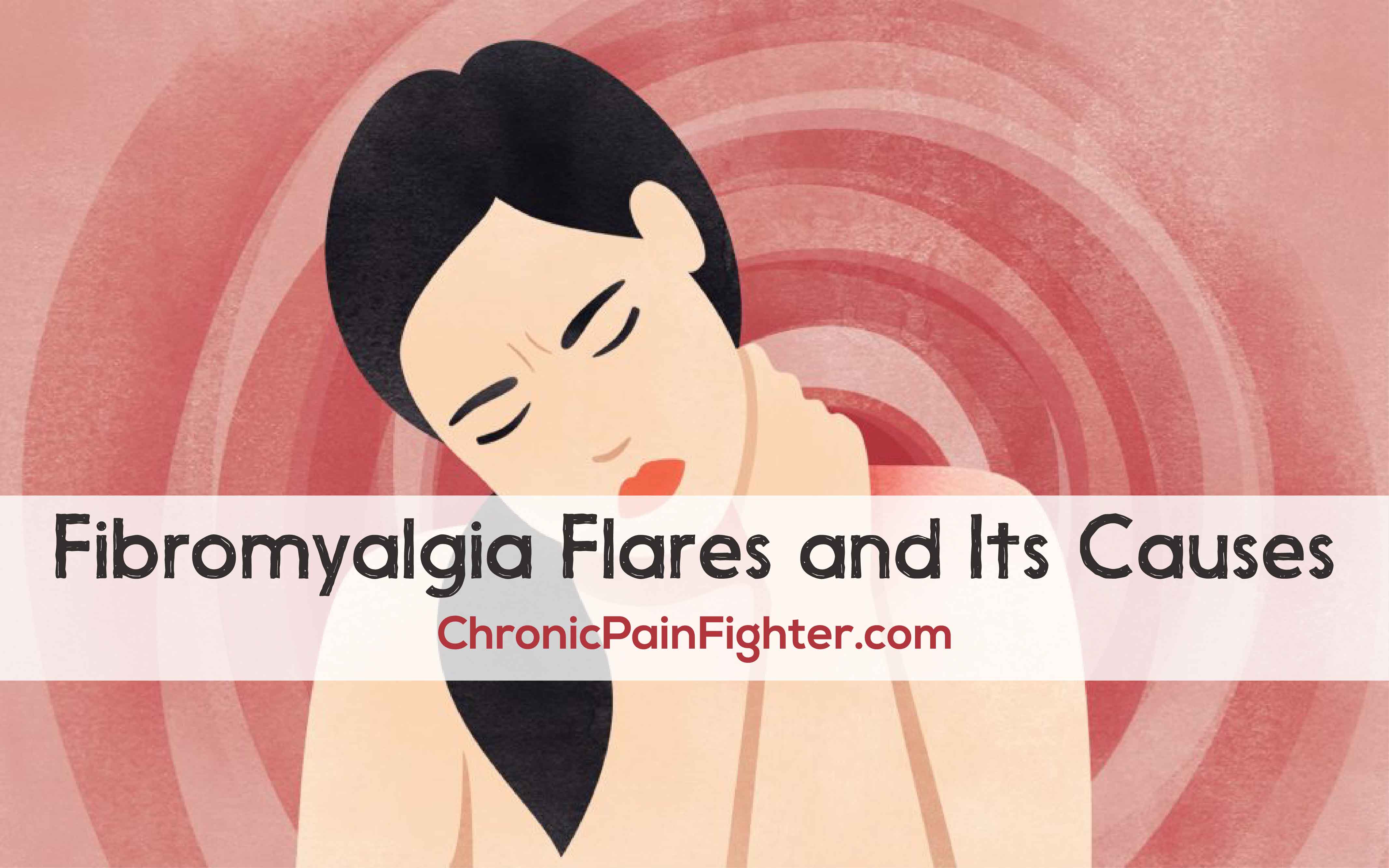Fibromyalgia and depression are two common conditions that often coexist, with research suggesting that individuals with fibromyalgia are more likely to experience symptoms of depression. Understanding the connection between these two conditions is crucial for effective management and treatment.
What is Fibromyalgia?
Fibromyalgia is a chronic pain condition that affects the muscles and soft tissues of the body. It is characterized by widespread musculoskeletal pain, tenderness, and fatigue. The exact cause of fibromyalgia is not known, but it is believed to involve a combination of genetic, environmental, and psychological factors.
Common symptoms of fibromyalgia include:
- Widespread pain and tenderness
- Fatigue
- Sleep disturbances
- Cognitive difficulties (often referred to as “fibro fog”)
- Headaches
- Irritable bowel syndrome
- Anxiety
Fibromyalgia is a complex condition that can have a significant impact on a person’s quality of life. The pain and fatigue associated with fibromyalgia can make it difficult to perform daily activities, work, and engage in social interactions.
What is Depression?
Depression is a mood disorder that affects how a person feels, thinks, and handles daily activities. It is characterized by persistent feelings of sadness, hopelessness, and loss of interest in activities that were once enjoyable. Depression is a common and serious mental health condition that can impact all aspects of a person’s life.
Common symptoms of depression include:
- Persistent feelings of sadness or emptiness
- Loss of interest in activities
- Changes in appetite or weight
- Sleep disturbances
- Fatigue
- Feelings of worthlessness or guilt
- Difficulty concentrating
- Suicidal thoughts or behaviors
Depression can have a profound impact on a person’s quality of life, relationships, and overall well-being. It is essential to seek help and treatment for depression to manage symptoms and improve mental health.
The Connection Between Fibromyalgia and Depression
Research has shown that fibromyalgia and depression often coexist, with studies suggesting that up to 70% of individuals with fibromyalgia also experience symptoms of depression. The exact reasons for this overlap are not fully understood, but several factors may contribute to the connection between these two conditions.
One possible explanation is the shared symptoms of pain and fatigue. Individuals with fibromyalgia experience chronic pain and fatigue, which can be physically and emotionally draining. The constant struggle with pain can lead to feelings of frustration, helplessness, and hopelessness, which are common symptoms of depression.
Additionally, the stress of coping with a chronic illness like fibromyalgia can contribute to the development of depression. The emotional toll of living with a condition that is often misunderstood or stigmatized can be isolating and overwhelming, leading to feelings of sadness and despair.
Furthermore, there may be biological factors at play that contribute to the connection between fibromyalgia and depression. Research has suggested that abnormalities in the central nervous system, neurotransmitter imbalances, and hormonal changes may play a role in both conditions.
Managing Fibromyalgia and Depression
Managing fibromyalgia and depression requires a comprehensive, multidisciplinary approach that addresses both the physical and emotional aspects of these conditions. Here are some strategies that can help individuals cope with fibromyalgia and depression:
- Seek professional help: It is essential to consult with healthcare providers, such as primary care physicians, rheumatologists, and mental health professionals, to receive an accurate diagnosis and appropriate treatment for fibromyalgia and depression.
- Develop a treatment plan: Treatment for fibromyalgia and depression may include a combination of medication, physical therapy, counseling, and lifestyle modifications. Working with healthcare providers to develop a personalized treatment plan can help manage symptoms and improve quality of life.
- Practice self-care: Engaging in self-care activities, such as regular exercise, healthy eating, relaxation techniques, and stress management, can help improve physical and mental well-being. It is essential to prioritize self-care and make time for activities that bring joy and relaxation.
- Build a support network: Connecting with friends, family members, support groups, and online communities can provide emotional support, understanding, and encouragement. Building a strong support network can help combat feelings of isolation and loneliness.
- Educate yourself: Learning more about fibromyalgia and depression, their symptoms, causes, and treatment options can empower individuals to take control of their health and make informed decisions. Education can help reduce fear and anxiety about these conditions.
Conclusion
Fibromyalgia and depression are two common conditions that often coexist, with research suggesting that individuals with fibromyalgia are more likely to experience symptoms of depression. Understanding the connection between these two conditions is essential for effective management and treatment.
By seeking professional help, developing a treatment plan, practicing self-care, building a support network, and educating yourself, you can cope with fibromyalgia and depression and improve your quality of life. Remember that you are not alone in your struggle, and there is help and support available to you. Stay positive, stay informed, and take care of yourself.






